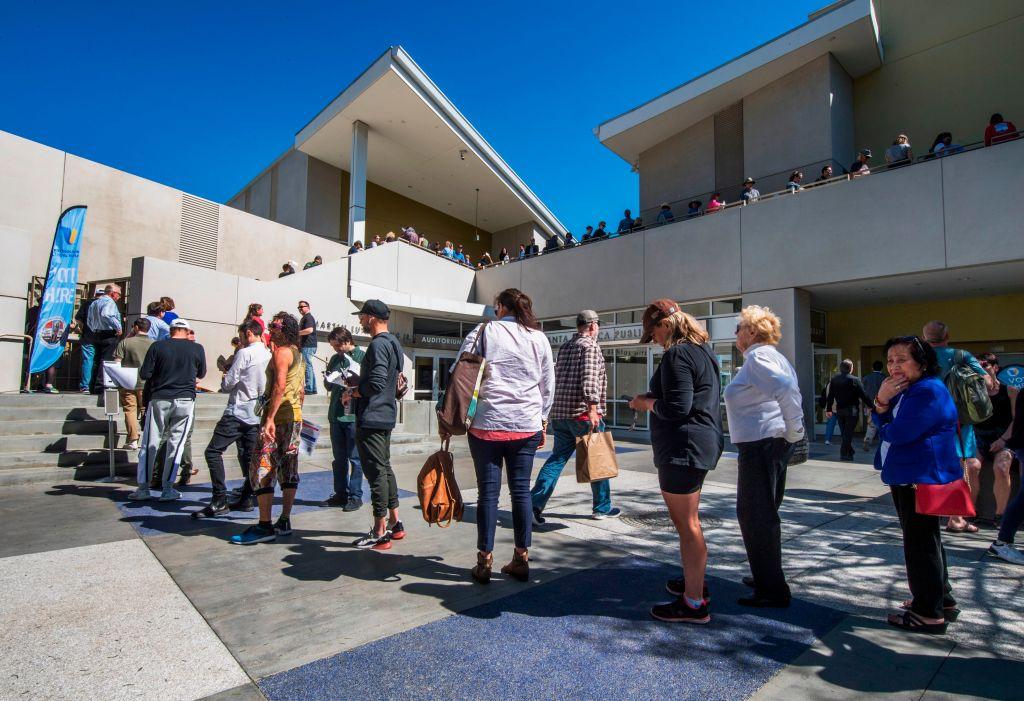LOS ANGELES (CNS)—Los Angeles County officials peppered the man responsible for running elections with questions on July 7, hoping to ferret out any remaining weaknesses in the county’s high-tech voting system before November.
Supervisor Janice Hahn asked Registrar-Recorder/County Clerk Dean Logan to update the County Board of Supervisors on preparations for the general election to give him “an opportunity to restore the confidence of our voting public in our system and how we’re going to run it.”





